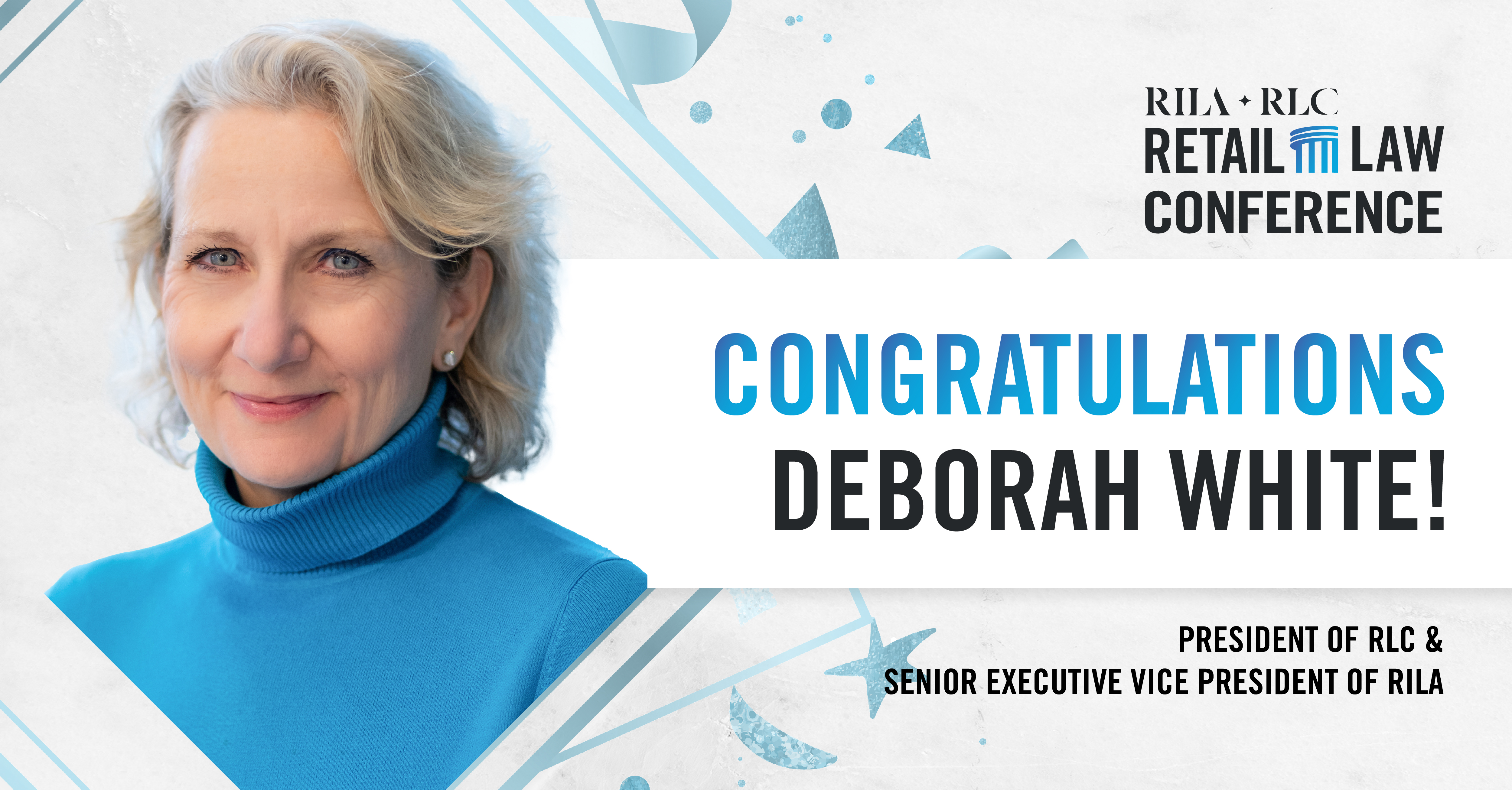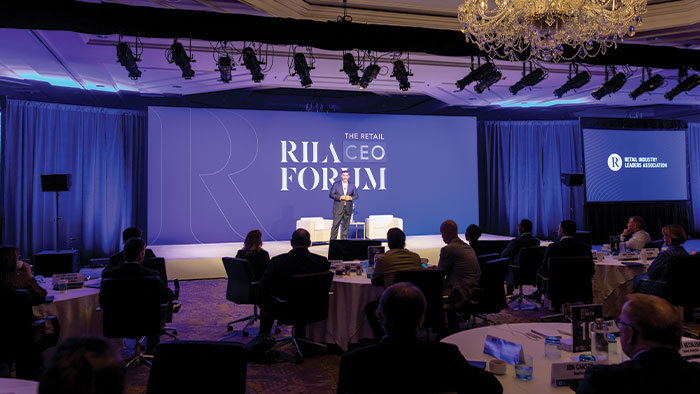The Business Case for Sustainability
Q&A with NYU Stern Center for Sustainable Business
- By [ Erin Hiatt ]
- 04/20/2021
What is ROSI? How and why was ROSI started? What are other research initiatives created by CSB?
The NYU Stern Center for Sustainable Business (CSB) developed the Return on Sustainability Investment (ROSI) methodology to bridge the gap between sustainability strategies and financial performance, helping to build a better business case for the value of sustainability initiatives.
CSB also produces research on the business case for sustainability-marketed products through our Sustainable Market Share Index which found that sustainability-marketed products delivered 54.7% of consumer packaged goods market growth (2015-2019) despite representing only 16.1% of the 2019 market.
How is ROSI leveraged and how does it inform other work at Stern, like additional research and courses?
We partner with companies to apply ROSI internally, teach students and executives how to leverage ROSI, and partner with companies on internships and experiential projects leveraging ROSI.
What is the Apparel Industry Sustainable Strategies Framework and how did it come about?
Last year, with HSBC’s support, we completed an industry-wide collaboration that assessed strategies and practices implemented by apparel companies to drive impact and financial performance. We partnered with three apparel companies to estimate the value of investing in sustainable business practices. We engaged REI, EILEEN FISHER, and Reformation and conducted research by leveraging industry experts, company contacts, and academic literature to inform our framework.
How applicable is the framework to other brands, retailers or sectors?
ROSI is a customizable framework; it can be applied to all types of brands, retailers, and industries. CSB has worked with companies within the automotive, food and agriculture, and pharmaceutical industries, to name a few. The apparel framework strategies are applicable across many industries, but the implemented practices may vary by company and industry.
How were the initial case studies with REI, EILEEN FISHER and Reformation selected?
We partnered with these three companies to apply ROSI to their businesses. Through these cases, we found that one company achieved $34 million in employee-related benefits in 2019 and another company achieved $1.8 million from its resale program in 2019. For these cases, we prioritized initiatives that were relevant to the brands, had existing and compelling data, and mapped to our apparel framework.
What sustainability strategies do you hope to dive into next?
Our next industry collaboration will be with the food and agriculture industry - inclusive of food manufacturers, retailers, and more; we welcome engagement from companies interested in exploring ROSI within this industry.
How can RILA members get involved, if interested?
We collaborate with companies through research partnerships, experiential learning, guest speaking, and facilitation of internships and full-time roles for students. We invite you to learn more about our work and view recent thought leadership from our 2021 Practice Forum.
Companies interested to learn more about ROSI collaborations or other engagement opportunities can contact Sophie Rifkin at srifkin@stern.nyu.edu.
Summary of Completed Work & Resource Links
- Research on the Sustainable Market Share Index
- Introduction to ROSI
- 2021 Practice Forum videos
- Overview of key sustainability strategies employed by apparel industry with articulation of practices and sub-practices
- Case studies with REI (employee well-being), EILEEN FISHER (carbon efficient transport, circularity), and Reformation (circularity - forthcoming)
- Excel-based tools for our work with REI, EILEEN FISHER (carbon efficient transport, circularity), and Reformation (forthcoming)
- Apparel excel-based tools building out all of our identified circularity practices
Tags
-
Climate and Sustainability
-
Retail Sustainability
-
Sustainability & Environment



